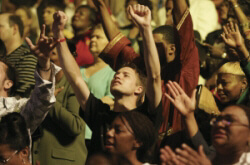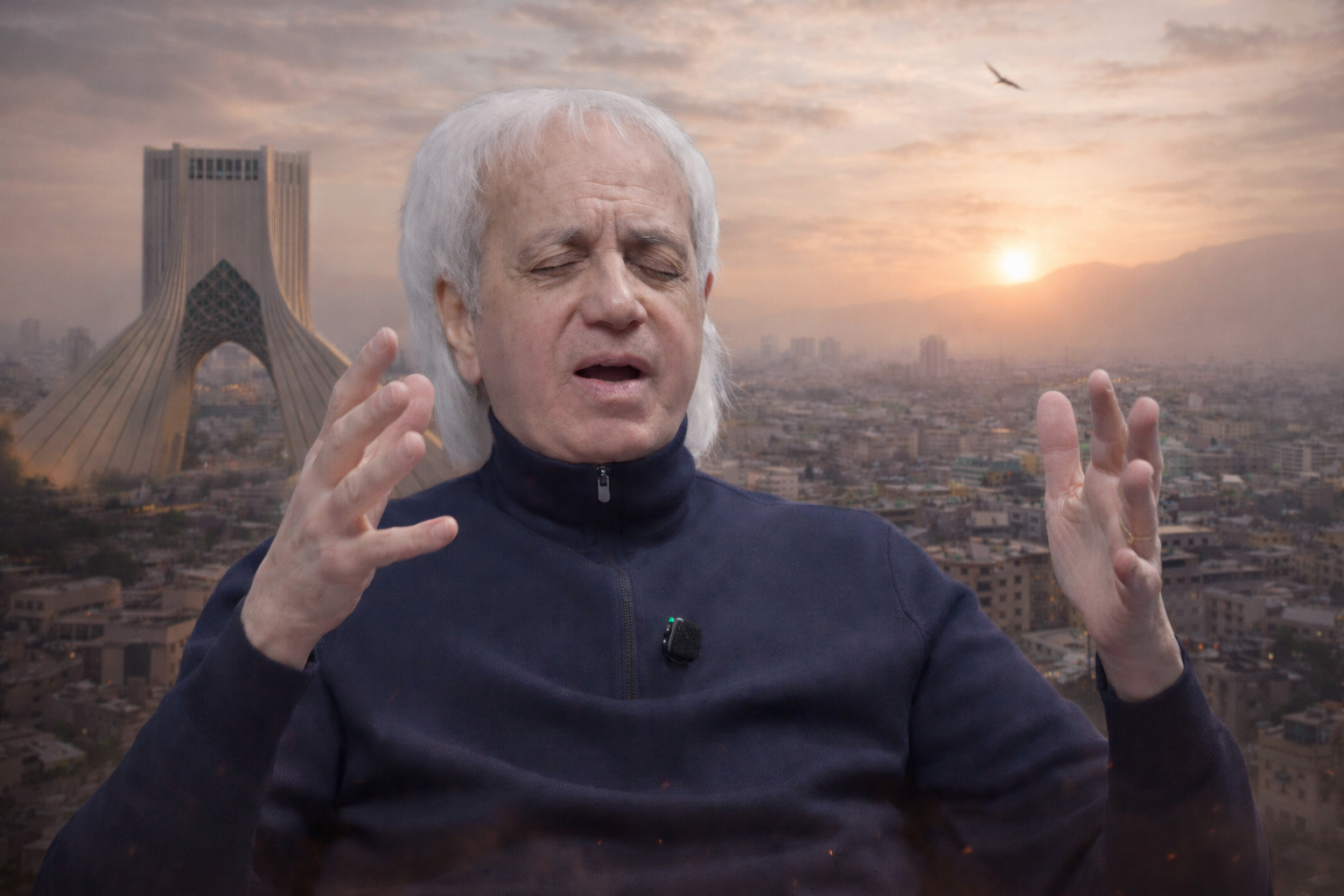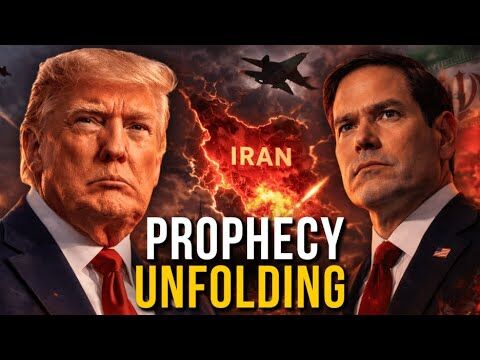
Christians—consider themselves Pentecostal or charismatic, according to a new
Barna Group poll.
The study found that the demographic crosses denominational,
geographic and political lines, with 20 percent of Catholics and 26 percent of
Protestants stating that they have been filled with the Holy Spirit and operate
in at least one charismatic gift, such as tongues, prophecy or healing. Nearly
a quarter of Republicans, 23 percent of Democrats and 21 percent of Independent
voters identify themselves as Pentecostal or charismatic.
But the national telephone survey of 1,005 adults found
striking generational differences among the group. Baby busters, or those ages
26 to 44, were the most likely to describe themselves as Pentecostal or
charismatic, with 29 percent embracing that label. Some 26 percent of Mosaics,
or 18- to 25-year-olds, and 25 percent of Christians aged 64 and older
described themselves as Pentecostal-charismatic. Only 20 percent of baby
boomers, or those between the ages of 45 and 63, described themselves as
Pentecostal or charismatic.
Younger Christians-56 percent
of Mosaics and 49 percent of baby busters-also were more likely than were baby
boomers (44 percent) and older Christians (30 percent) to believe charismatic
gifts such as tongues and healing are active and valid today.
Roughly 43 percent of those under age 45 also believe the
gift of tongues is valid and active today, compared with 37 percent of those
age 45 and older. However, only 7 percent of Mosaic Christians and 9 percent of
baby busters said they had spoken in tongues, while 13 percent of the baby
boomers and 9 percent of those over age 63 said they had spoken in tongues.
But while they embrace the charismatic gifts, younger
generations had unexpected views of the Holy Spirit. Older believers were morel
likely to say they “consistently allow their lives to be guided by the Holy
Spirit”-64 percent of older Christians and 59 percent of baby boomers, compared
with 54 percent of baby busters and 38 percent of Mosaics.
Mosaics were much more likely to believe the Holy Spirit is
just a symbol of God’s power or presence rather than the third person of the
Trinity, with 68 percent saying the Holy Spirit is not a living entity. Though
the percentages were lower for the other generations, more than half of the
respondents in each group held the same view. Fifty-nine percent of baby
busters, 55 percent of baby boomers and 56 percent of older Christians said
they believe the Holy Sprit is only symbolic.
For younger Christians, the charismatic, Pentecostal and
Spirit-filled labels are not as divisive as they were for their parents’
generation, said Barna Group President David Kinnaman. And though they spend
less time defending their views, they also seem less certain about what they
believe or how to put their faith into action, he added.
Kinnaman said that though the Pentecostal-charismatic
community has become more influential in the 50 years since the movement
emerged, generational shifts and the flow of Pentecostal theology across
diverse denominations have made its beliefs less focused. He believes
connecting young Pentecostals and charismatics to better theological training
will be vital to the future of the Spirit-filled movement.
“Facing less criticism from within the ranks of Christians,
they must focus on being grounded theologically and finding a way to live
faithfully within the broader culture of arts, media, technology, science and business,”
Kinnaman said.
The report comes just days before the anniversary of what
many consider to be the start of the charismatic movement. On April 3, 1960,
the late Father Dennis Bennett told his Episcopal congregation that he had been baptized
in the Holy Spirit and spoke in tongues. The revelation led to his resignation
but sparked charismatic renewal among mainline denominations worldwide.
The following week, on April 8-10, global Pentecostal leaders will gather
in Tulsa, Okla., for Empowered21, where they will discuss the future of the
Spirit-filled movement.












































